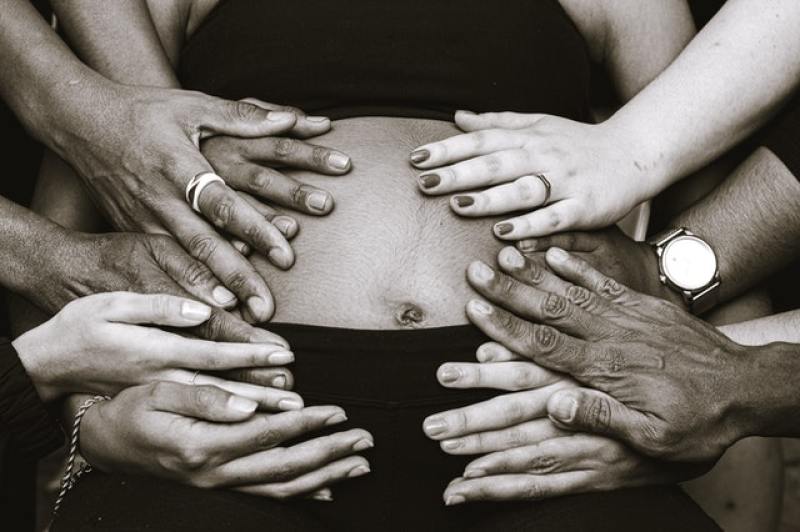
A judge from the Oklahoma County District has approved a law that allegedly disqualifies half of all abortion doctors in the state.
The Christian Headlines reported that Judge Cindy Truong ruled on two out of five pro-life laws on Monday leaving the Center for Reproductive Rights "stunned" and both parties to the cases filed on the said laws "disappointed."
Of the two pro-life laws blocked, one is similar to the Texas Heartbeat Act. The said law is HB 2441 and prohibits abortion regardless age of gestation once a heartbeat has been detected. The other law, HB 1102, involved deeming abortion as an "unprofessional conduct" by doctors.
The three pro-life laws that Truong sided with involved one that requires the performance of abortion in Oklahoma to be by only those "board-certified in obstetrics and gynecology" known as HB 1904. Truong explained in an interview with The Oklahoman that approving the block in the enforcement of HB 1904 would only cause "harm" on people.
"This court...believes that irreparable harm would occur if we don't put this requirement into effect," Truong said.
The remaining two pro-life laws, SB 778 and SB 779, involve increased prohibitions and regulations on the use of abortion pills, which allow a woman to terminate her pregnancy in the early stage through two doses.
All five laws would have been effective on November 1 had not the two laws been blocked at the County Court level. Oklahoma Governor Kevin Stitt, as reported previously, signed HB 2441, HB 1904, and HB 1102 in April to keep his promise in approving all pro-life legislation. Ceremonial signing for the said three laws and six other were held with Susan B. Anthony List and the state's lawmakers last September 9. Stitt stressed during the ceremonies that he was happy to have signed all nine laws out of his commitment to protect the unborn.
"I promised Oklahomans I would sign every piece of pro-life legislation that came across my desk and I am proud to keep that promise. As a father of six, it's an honor to be the most pro-life governor in the country and I will always step up to protect the lives of unborn children," Stitt announced in a said during the ceremonies.
The other four pro-life laws were SB 918 that "restores Oklahoma's prohibition on abortion if Roe v. Wade is overturned", SB 960 that "protects relinquished children by extending the time frame they can be relinquished to rescuers" up to 30 days, SB 647 also known as the Lily's Law that requires a written policy be provided by birthing centers to families on the "disposition of the remains of the child who was stillborn or miscarried", and SB 584 that "prohibits fetal trafficking."
Pro-choice groups condemned Truong's decision on HB 1904 since most of the abortion practitioners in Oklahoma do not have board certification in obstetrics and gynecology. Planned Parenthood released a statement that pointed out HB 1904 "would immediately disqualify over half of the abortion providers in Oklahoma from providing care."
While the Center for Reproductive Rights President Nancy Northup similarly expressed her sentiments against Truong's decision and declared that they will continue to fight the laws be blocked in court. Accordingly, they will present their petition in Oklahoma's Supreme Court.
While Center for Reproductive Rights Attorney Rabia Muqaddam raised that there was no medical benefit on Truong's decision for HB 1904 since abortion is allegedly safe regardless of who provides it.
"We're disappointed that the court seemed to think that there was a medical benefit to any of these restrictions. They certainly don't have any medical benefit. Abortion by any method is one of the safest outpatient procedures performed in the United States. The state's evidence to the contrary is 'junk science' that has been rejected by numerous courts, including by the Oklahoma Supreme Court two years ago," Muqaddam said.






















